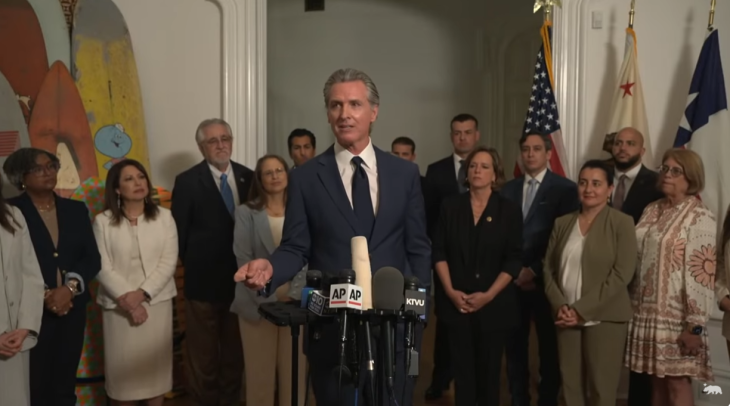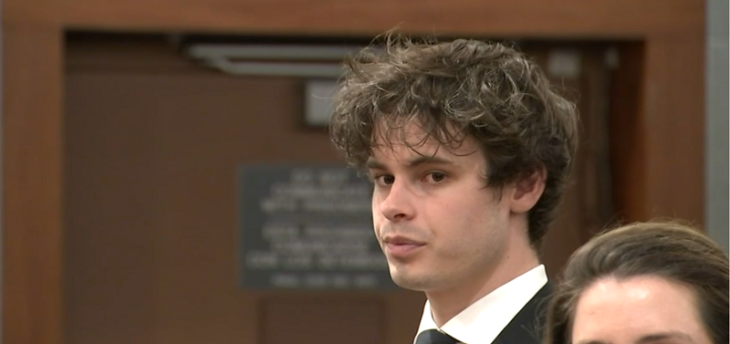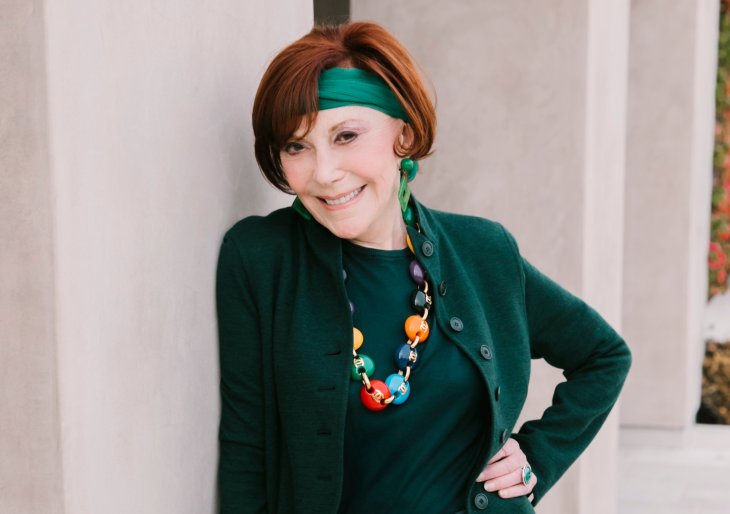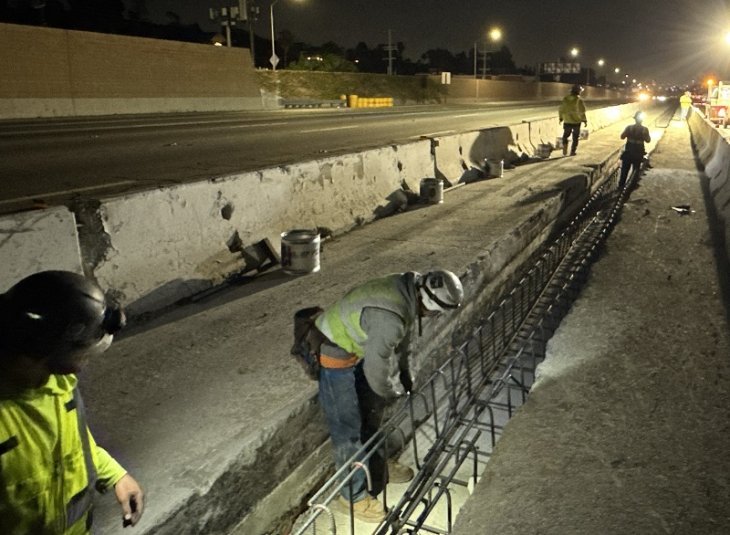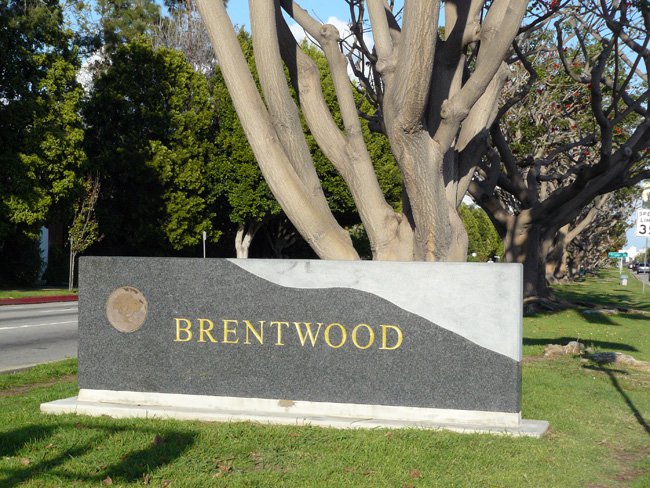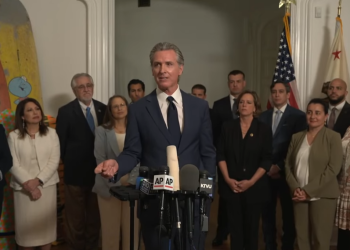It’s always a pleasure hearing from former Brentwood News student interns.
We’ve had quite a few interns over the years, and many drop me a note now and then. That’s nice.
I heard from Saba Nia recently. She’s a Brentwood resident and attended Harvard-Westlake when she interned for the Brentwood News. She’s now a senior at Georgetown.
She recently wrote a book, Carpe Diem. I of course offered to review Saba’s book for the Brentwood News.
Carpe Diem is set in the future, on a different planet, Gaia.
Gaia is very much like the Earth we know today. The characters are humans, and the humans of Gaia act and sound and think like the humans of Earth (for better or worse). There are no aliens in Carpe Diem.
There is a god-like spirit, also called Gaia, to which all the planet’s inhabitants pay attention.
The crux of the story is that all of a sudden, for no apparent reason, the entire human race becomes infertile. Nobody’s having babies anymore.
It seems odd at first, but not something to panic about. Surely this is a temporary condition.
But then it drags on, and people become worried. At some point panic sets in, and massive resources are thrown at finding a cure for “Aphrodite’s Curse.” The medical technology of Gaia is quite advanced.
I don’t want to reveal much more. Suffice it to say, just about everything changes as a result of humankind no longer being able to reproduce. A “live for today” mentality takes over, which then gives way to hopelessness. Relations become important. What’s really a priority when there is no future?
Business, science, relationships – slowly but surely, everything is affected. It doesn’t feel like a coincidence this book was written in the middle of the COVID pandemic.
Carpe Diem is beautifully written. I don’t know how Saba does it, but every word seems perfectly hand-picked. Everything simply flows. She weaves together prose, dialogue and poetry in a most interesting and unusual way.
The book is part science fiction, part poetry, part mythology. It’s almost hard to believe someone as young as Saba can write so magically.
Or maybe she can do this because she is young. Saba certainly isn’t inhibited by any notion of what a “normal” book should be. The style of Carpe Diem seems completely original.
I continue to work with student interns on different projects. They are talented, eager to please – and really good with technology.
But I can tell: Today’s young people are concerned – fearful, even – about the future. They can’t be blamed; they are inheriting a rather messed-up world. I can see how Carpe Diem would have great appeal to those in their teens and twenties. Carpe Diem speaks to their uncertainties.
Is there hope for Planet Earth? We’ll see.
Is there hope for Gaia? Do they pull it out in the end? To find the answer, you will have to go to Amazon and buy a copy of Carpe Diem.



